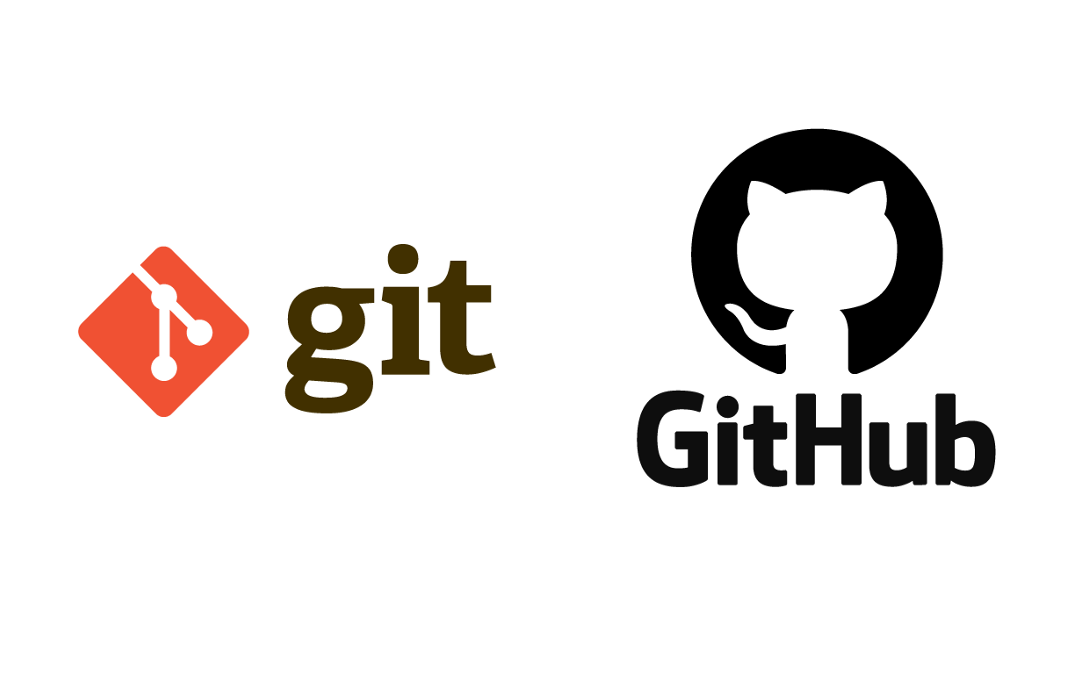GitHub, which is widespread, used code hosting platform which is used by millions of developers around the world, while some strongly disagree with this statement. Below are some of the reasons why people might think GitHub sucks:
Skill acquisition
One of the potential disadvantages is that GitHub can be difficult to use for newbies. GitHub platform can be complicated as there is a lot of information one can receive from it. This can make GitHub complex for beginners to know how to get started or how to get the most out of GitHub.
GitHub is a command-line tool; it can be intimidating for developers who feel comfortable with graphical user interface (GUIs). Even though there are some other GUI tools available for Git, they may not offer the same level of functionality as the command-line interface and developers may need to switch between the two interfaces to perform certain tasks.
Also, due to easily availability of code sources one can often get confused with the vast amount of knowledge it can receive from GitHub. Many open-sourced project source codes can be retrieved from GitHub, which in turn diverts the individual with variety of choices which makes them difficult to structure their code in their own project.
Overall, while Git and GitHub can be challenging to learn first, many developers find that the skills they gain through using these tools are immensely valuable and can be transferred to other development projects. To summarize proper tool for skill acquisition depend on the individual developer’s preferences and learning style.
Limited number of private repositories available
Another disadvantages of GitHub compared to other tools is that it limits the number of private repositories that developer can create on the free plan, which can be disadvantage for developers or teams who need to keep their code private for security reasons. Additionally, it may hinder collaboration between developers who are working on a private project. Developers may need to pay for additional complexity and cost to the development process. In summary, developers should carefully evaluate their needs and requirements and consider the potential drawbacks before using GitHub for private projects.
Several tools offer unlimited private repositories or a higher number of private repositories compared to GitHub, such as GitLab, Bitbucket, and GitKraken. It is important to evaluate these tools based on your specific needs and budget as they each have their own set of features and pricing plans.
Relying on third-party integrations
GitHub offers a lot of built-in functionality and integrations with third-party tools. Yet, some developers may find that they need to rely on external tools to get the functionality they need. This can add complexity to the development process, increase the time and effort required to set up and manage the development environment, and increase the cost of using GitHub.
Furthermore, relying on external integrations can introduce security risks, particularly if the integration involves sharing sensitive information or granting access to external parties.
Some popular alternatives to GitHub that offer more robust and secure integrations include GitLab, Bitbucket, and Azure DevOps. It’s important to evaluate each tool’s integration capabilities and security features before deciding which one is best suited for your needs. In summary, developers who use GitHub may need to rely on external integrations to customize their development workflows and use their preferred tools. While this can provide extra functionality, it can also increase complexity, cost, and security risks. Developers should test their needs and requirements and consider the potential drawbacks before relying on external integrations.
Security Risks
Developers using GitHub should be aware of potential security risks, particularly when relying on external integrations or storing sensitive information on the platform. External integrations may need granting access to certain repositories or parts of the development environment, exposing sensitive information to external parties. To prevent unauthorized access, users should secure and encrypt sensitive information such as private keys and passwords when storing them on GitHub. Security breaches in the past have targeted GitHub, which emphasizes the need for users to take precautions. To mitigate these risks, developers should check external integrations, secure sensitive information, and stay up-to-date with security best practices.
Also, there are several alternative tools to GitHub that focus on security, such as GitLab and Bitbucket. These tools offer features such as built-in security scanning and the ability to self-host the platform, which can give developers more control over their development environment and reduce the risk of security breaches.
Pricing
GitHub’s pricing can be a disadvantage when compared to other tools available due to higher costs, less flexible pricing plans, and a complex pricing structure. Users may find other tools offer more flexible pricing plans, including pay-per-user or pay-per-project models, which can be more cost-effective. Additionally, GitHub’s pricing structure with many tiers and pricing options can be confusing to navigate and result in overpaying for unnecessary features. To summarize, the suitability of GitHub’s pricing depends on the needs of individual users or teams. Users can consider alternatives such as GitLab, Bitbucket, and GitKraken, each of which have their own set of features and pricing plans.
GitHub’s pricing plans, limited private repositories, and reliance on external integrations that can introduce security risks have led some developers to express frustration. Furthermore, GitHub’s ownership by Microsoft has raised concerns among some developers about potential implications for open-source software development.

